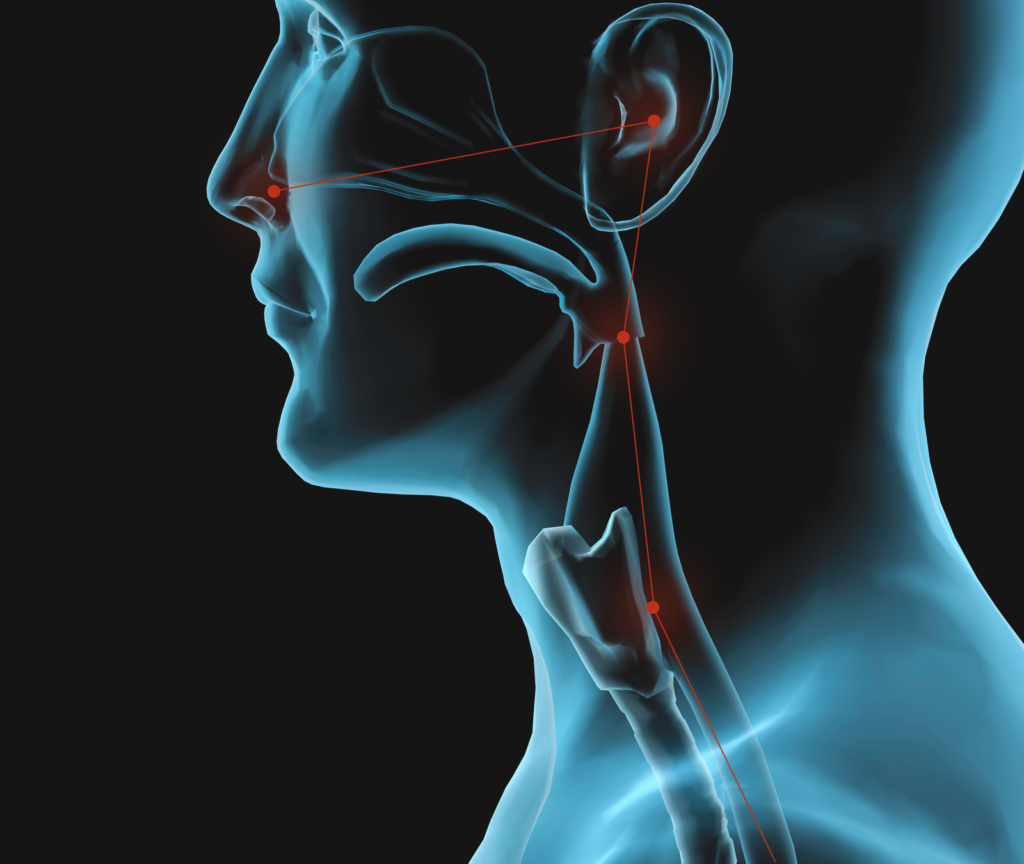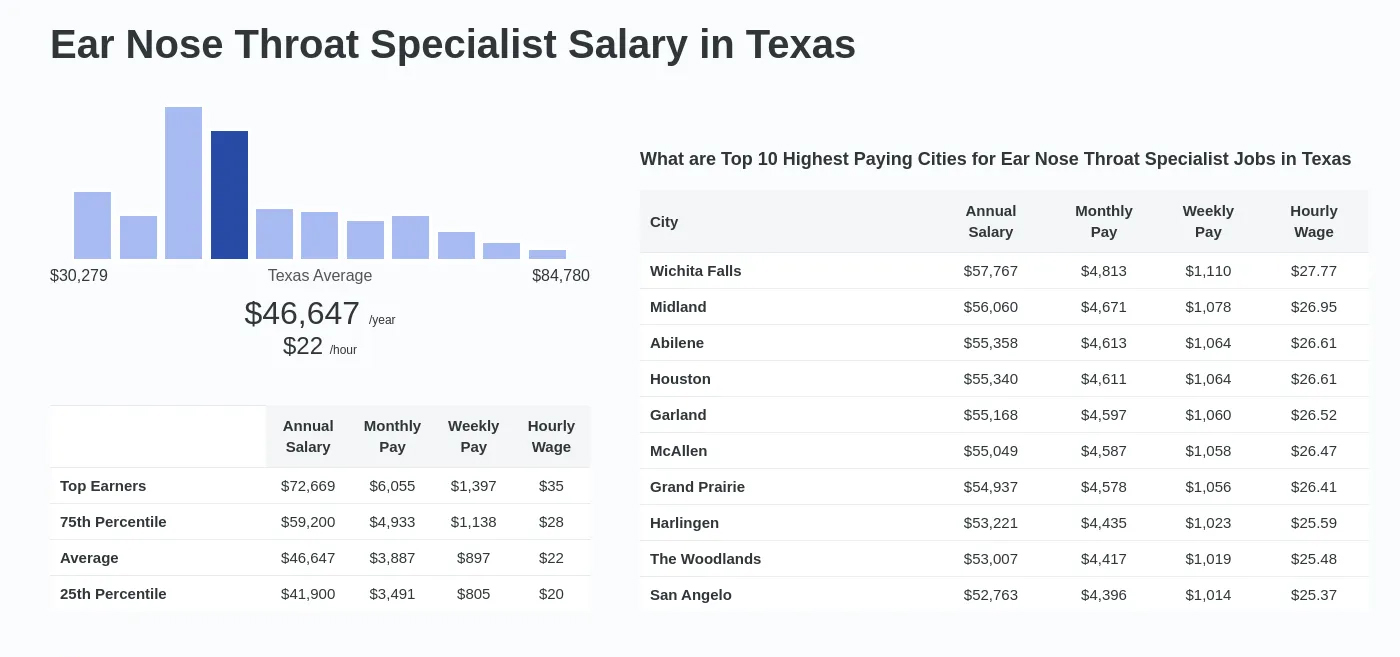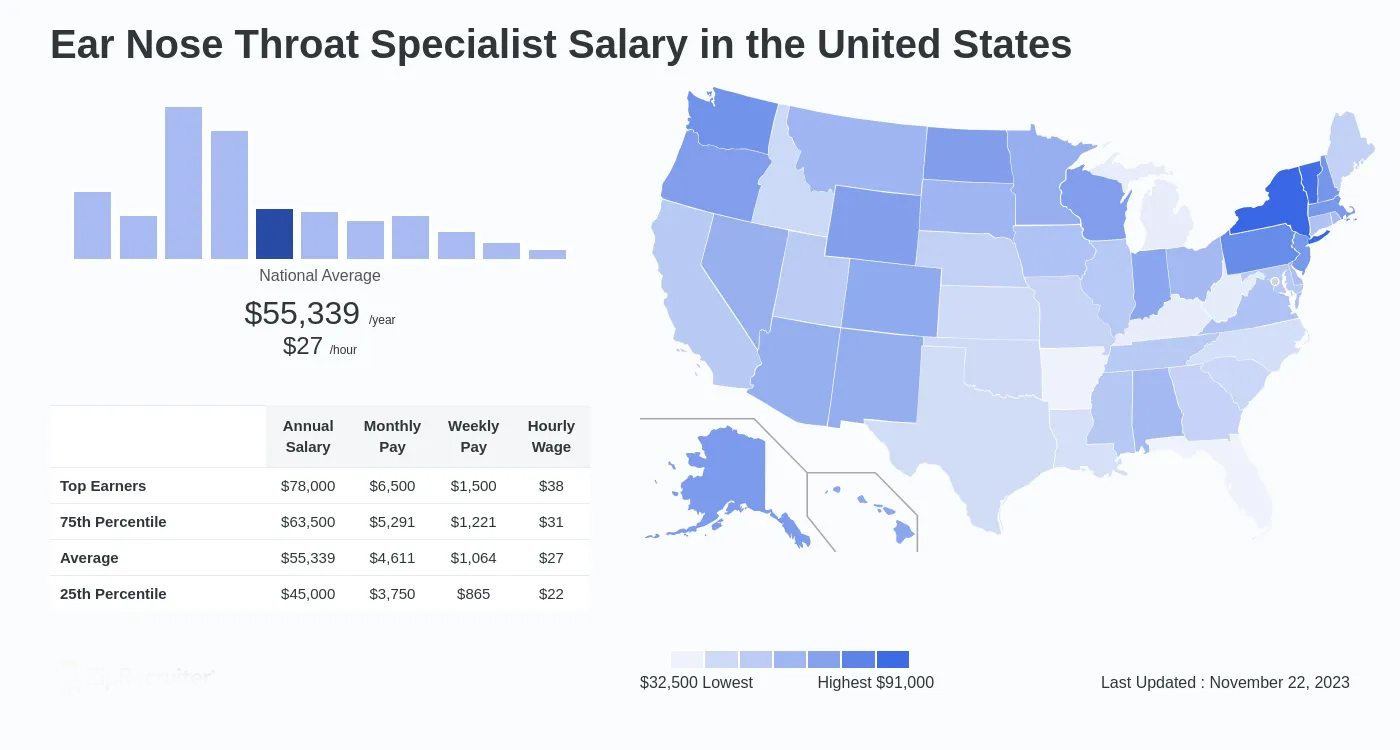
What is the nose and throat
Your nose and throat are part of your respiratory system. Your nose is the organ responsible for your sense of smell. Your throat is the part of your body responsible for swallowing. Your nose and throat also carry air to your lungs.
Connections between your nose, throat and ears mean that a problem in one area can affect the others.
How your nose works
As you breathe air in, your nose:
- cleans the air of foreign particles such as dust and germs
- warms and moistens the air before it reaches your lungs
This is helped by the thin moist lining of your nasal passages and throat, called the mucous membrane.
The cells in the lining of your nose also give you your sense of smell. The cells sense aromas and send messages to your brain.
How your throat works
Your throat, or pharynx, sits behind your nose and your mouth and is connected to both.
The pharynx is a muscular tube that carries food, drink and air. As it goes down, it splits in 2 — the oesophagus (food pipe) and the larynx (voice box).
The oesophagus is the tube that leads from your throat to your stomach. It carries food and drink.
The larynx carries air. The larynx also contains your vocal cords which produce sound, allowing you to speak. Air passes through your larynx into your trachea (wind pipe) and then into your lungs.
Obviously, you need a way of keeping air and food apart. This is done by the epiglottis. This is a small flap of cartilage in the back of your throat. It closes over the larynx when you swallow so that you don’t breathe in food or water.
Conditions that affect the nose and throat
Common problems that affect the nose and throat include viral infections such as colds and flu and COVID-19. Colds and flu can cause symptoms such as:
- runny or blocked nose
- sneezing
- sore throat (pharyngitis)
- husky or hoarse voice
- cough
The connections between your nose and throat, sinuses and ears, mean that fluids can move from one area to another. This is how a cold or flu can lead to other problems such as sinusitis, or ear infections.
Visit your doctor if cold and flu symptoms continue for more than a week, or you have other symptoms such as a fever or rash.
Other conditions that can affect your nose include:
- hay fever
- problems with your adenoids
- nosebleeds
- deviated septum in the nose
- nasal polyps
- anosmia (loss of smell)
Other conditions that can affect the throat include:
- tonsillitis
- strep throat
- throat cancer
Keeping your nose and throat healthy
To keep your nose and throat healthy:
- don’t smoke
- avoid harmful environmental factors such as smoke, dust and chemicals
- limit your use of alcohol
- eat a healthy diet with plenty of fruit and vegetables
To reduce the risk of getting or spreading respiratory infections:
- wash your hands regularly or use hand sanitiser
- stay home when you are unwell
- cover your mouth and nose when coughing or sneezing
Consider having the flu vaccine each year and stay up to date with your COVID-19 vaccinations. Also consider other vaccinations such as those for whooping cough. Discuss this with your doctor.





